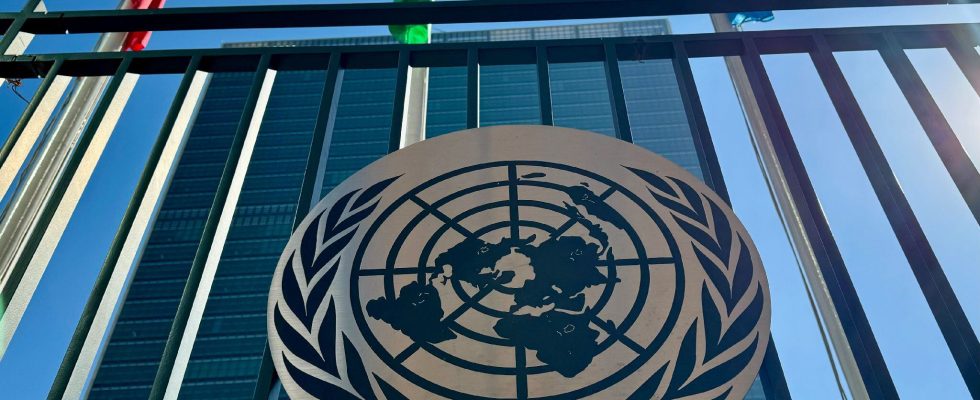Global living conditions that have never been higher? The United Nations Development Program published this Wednesday March 13 its annual report on the evolution of the Human Development Index (HDI), the reference indicator taking into account life expectancy, education, and standard of living.
At the top of this ranking, as often, we find Switzerland, Norway and Iceland. Hong Kong, Denmark, Sweden and Germany then follow, while France only ranks 28th, one place less than in 2021.
Above all, the UNDP insists on the fact that the world, overall, has returned to its pre-2019 level of development, that is to say before the Covid crisis which brought the Covid crisis to a standstill for many months. ‘Mondial economy. We are thus witnessing a return of all components of the HDI “above pre-2019 levels”. In 2020 and 2021, however, for the first time since its creation more than 30 years ago, the indicator had declined two years in a row, returning to values of almost five years ago due to ‘an unprecedented overlapping of crises, including Covid.
Growing inequalities between North and South
But despite this very positive news at first glance, this UN report is more alarming. And in particular because of an ever-increasing gap between the most developed and developing countries. “This global value masks worrying divergences between countries: forecasts indicate that all OECD countries have experienced a recovery, compared to only almost half of the least developed countries,” insists the UNDP report.
In other words, if developed countries have generally all recovered from the health crisis, developing countries, much less. On the contrary, inequalities would even widen ever more rapidly between the North and the South. “After twenty years of constant decline, inequality between countries at the upper and lower ends of the HDI has started to rise again, increasing every year since 2020,” the UN report continues. This result is “very worrying”, insisted Achim Steiner, head of UNDP, after “20 years during which countries have converged in terms of income, life expectancy and education”.
Thus, at the very bottom of the ranking, we find, as always, Somalia, South Sudan, the Central African Republic, Niger and even Chad. The UNDP boss also points to “an extreme group” of countries like Sudan, Afghanistan or Burma that “the combination of the pandemic, fiscal crises and conflicts, sometimes civil wars, has trapped in a situation where the recovery is not on the agenda”, making him reject the “usual narrative according to which the world is recovering”. According to the UN agency, Afghanistan, for example, has lost 10 years in terms of human development, while in Ukraine, the index is at its lowest since 2004.
Humanity at an “unfortunate crossroads”
The name of the report: “Breaking the impasse: rethinking cooperation in a polarized world”, reflects the UN agency’s fears of an increasingly divided multipolar world. Thus, for the UNDP, if the majority of the world’s inhabitants say they support democratic values, “populism explodes”, “every man for himself” mentalities return and voters bring to power leaders who “undermine” this democracy. Enough to place humanity at “an unfortunate crossroads” where “distrust and polarization risk a head-on collision with a sick planet”. At a time when countries should be “working together”, “we are transforming our partners, whom we need, into enemies”, denounces Achim Steiner in particular.
